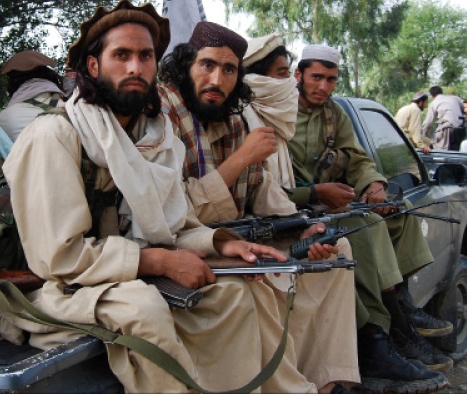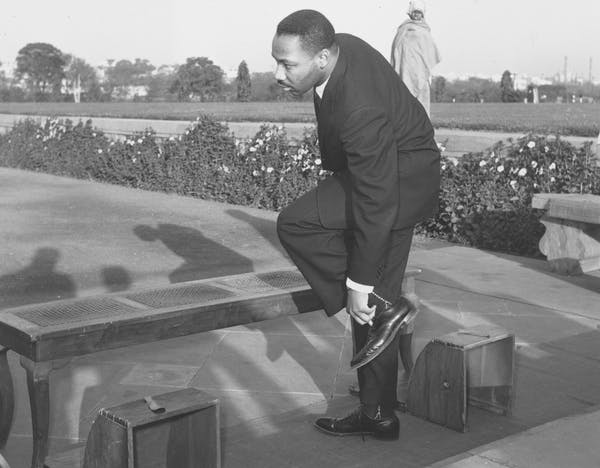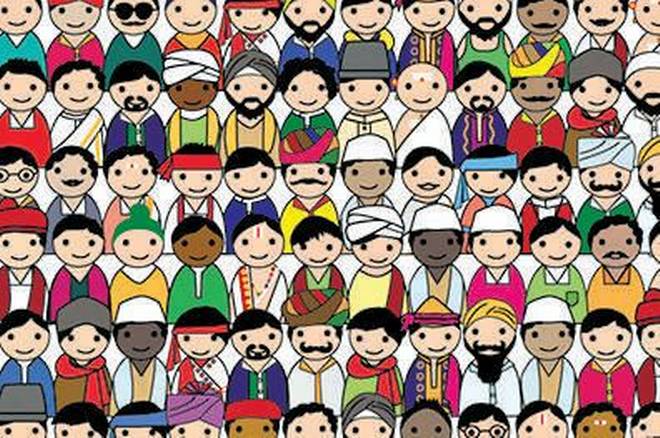The duality between darkness and dawn is an eternal duel, the one beyond resolution. Poe with his heart cut out and bleeding failed to ease the tide while Kafka took recourse in contemplation. Endless tales have been told and divine battles fought over binaries. In the real world out there, two poles of the magnet do not exist, rather a continuum where solutions lie in between. One who feels the wind on thy face, letting his mind to ruminate on slightest insignificances will understand this conundrum. Answer never lies in battles rather in agreement over varying priorities. For those carefully planning to execute a suicide, such conundrum may be diffused by conversation with a dear friend or engaging in any act of meaning making. However, in surreptus times of the pandemic when the social distancing norms isolates us physically it is almost impossible to gauge the anguish of even our bosom friends. Given this, it is essential to hone our communication skills. Learning to listen more and imagining new paths is the key because the pandemic has allowed us to witness what was once unreal. While some have seized the opportunity, others have fallen prey to it. A new silence seems to have descended in the post COVID world wherein youth are succumbing to the final act.
As the pandemic continues to grip the world, historicity has dawned amongst the most unlikely of men who go on sharing photographs and public notices from the Spanish Flu of 1918. Terminologies and practices which were dead for a hundred years have come back haunting. Older generation continue to dig deeper into dictionaries to understand the true meanings of lockdown and quarantine only coincidentally stumbling upon the fact that the sedition law in the India too was a product of the flu. On the other hand, the mainstream media meticulously supplies data of death and contagion leaving no stone unturned to deliver a daily dose of fatality. In an urbane setting of life in high rises, addicted to online shopping and juggling between long working hours in front of the monitor and alternatively binging on endless streaming of Hollywood movies, powered by high speed optic fibre, despair over life is growing. Despite the cyclone of materialistic tide life is becoming lonelier by the day. Even herein binaries prevail, choices on two ends of the spectrum are mindedness and manipulation. One can cheat the void by a solid downpour from the market or take an inner journey into mindedness by mending old ties and creating new memories. But, who counsels us in embracing the right choice? Who will seek to understand the inner turmoil? Here I am not hinting towards a new counselling based service industry but of deeper friendships and stronger bonds between people.
Meanings in the post COVID-19 world order have touched a new low becoming knee-deep fashion statement, only good enough to be posted on social media for consumption of virtual friends and followers. Only yesterday a friend asked me in typical Indian-English; “Do you know Foucault?” Of whatever little I knew, I delivered from memory and to my utter surprise the concerned is delivering a lecture on ‘Madness and Civilization’ today. Dare I say, webinars are redundant acts or I mend my own ways of adapting to lockdown creatively? As COVID-19 has blurred certainties over life and death, is it difficult to utter the right answer like in old times. Thus, to situate myself in new times, one stop solution must be avoided but to engage in bit of a soul searching.
In an era of using lite applications on our cell and reading book summaries instead of originals we are dangerously speeding towards trivialization wherein meanings only serve a utilitarian purpose. Technology and cosmopolitan politics have driven us to embrace matter over meaning. Unfortunately, both are not mutually exclusive rather quite contrary. If a doctor is presented with a hypothetic nightmare, given only one ventilator and asked to choose between a withering mega star and an insignificant child, he or even God will be perplexed of what choices made in the end. Nepotism which was once hidden, has been shamelessly laid bare by this pandemic. In the wake of corona virus in India the war over meanings is mostly lost. Migrant women giving birth on national highways, carrying their bloody umbilical cord alongside speeding trucks and body parts of starving labourers mangled over kilometres of railway lines are mocked by financial packages announced by the government. Utter redundancies of longing and living of teeming millions can hardly match the millennials passion for Dalgona coffee. Unfortunately, the new normal seems quite comfortable with injustice of the old world. Existence of the older contradictions presents itself in form of rise in fatalistic tendencies across the youth as prodigious actors and promising doctors are committing suicide. It is difficult to decide who are to blame, the society or the deceased.
The pandemic has brought lives of the service oriented middle class to a screeching halt, leaving them with little besides watching television and tension over vegetables. In such dining tables suicide is still a taboo topic. Depression is shunned off as an agony of the west that can easily be doused off by dal, chutney and motherly affection. But in this new normal the impersonal state has taken up a new task of venturing into the personal space of mental health. For instance, in the overtly welfare state of Assam fast approaching elections, mental wellbeing of individuals has become a political question. On the fourteenth day of self-quarantine when the polite call-centre executive asks, do you need psychiatric help or are you depressed as one of the many questions of the feedback form, how should the person respond, but in denial. Ironically, the post COVID world continues to mechanically reproduce the biases of the old world rather than foraying into new ways.
Ideally the new world, should make inroads into grey areas of human existence because the disease has dawned upon the civilization that man is not the penultimate hunter rather a prey running from scourge. In this dusk when bats dot the sky, it is essential to appreciate the mundane and get creative be build more bonds of relatedness and empathy.
Dr. Chinmayi Sarma is Assistant Professor at the Centre for North East Studies and Policy Research, Jamia Millia Islamia, New Delhi.













